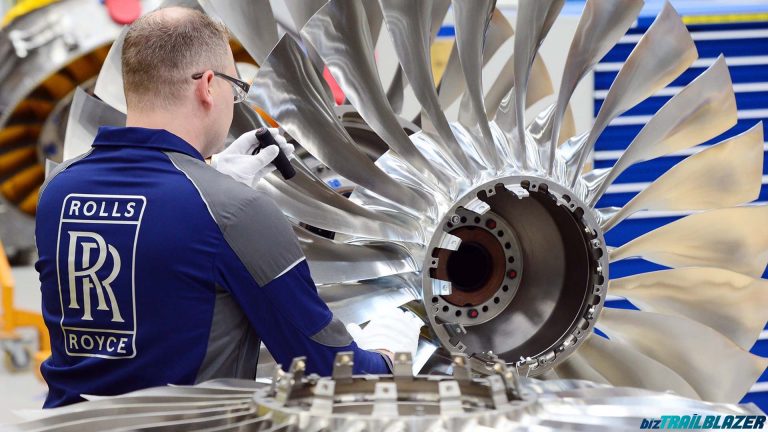Table of Contents
Every one of us has that friend who aspires to launch a start-up with dreams of becoming the next Elon Musk. However, the harsh reality is most startups fail. The common number of the startup world would always point out that only one in every five million non-funded startups attains unicorn status.
And when it comes to funded startups, one in ten thousand becomes a unicorn. Have you ever thought about why most startups fail? And why do some startups succeed and others fail?
To help you know the real reasons why many startups fail, we have curated a list of the Top 6 reasons why startups fail, which will give you some insight into the issue.
Good Idea, Bad Business
When asked why startups fail, the most common answers point out a fragile business model. Suppose the founder or the co-founder needs to gain the skills or abilities required to get the company going. In that case, they must identify those lacking skills and gain the knowledge to compete against competitors. It’s simple economics; no matter how good your idea is, your business will fail if you can’t make it profitable or scalable.
Not Understanding the Market
One of the main reasons why startups fail is hidden behind the founders’ belief that their product is so unique that the market will beg for their products, and cash will start to flow from every direction. Some of them don’t even understand the capabilities of their product- especially in their early stages.
That is why we witness companies change their product lineup to satisfy the market and stay in business. However, if these startups could test their product and understand the market before the launch, the risk of failure and rejection would go down significantly.
When the Market is Not Ready
In situations like these, the critical factor is always to question yourself when the sales are not taking off. You are the one who can eventually decide when is the best time to stop a loss and change the direction of the company or if it needs some more time, investment, and effort to start making profits

Criticism is a Good Thing
Most startups fail just because their founders or leaders are unwilling to get feedback from potential customers. If you are not listening to your customers, you’ll never know what they want, and your company will fail.
So, don’t be afraid of someone stealing your idea or showcasing a half-baked, crude prototype with too many imperfections. If you make a few prototypes that are far from perfect and have them tested, it’ll put you in a product improvement and continuous learning loop until the product sees demand from potential clients.
A Startup Must Avoid Cash Burn
To prevent the cash burn, you should identify the areas from where you might end up burning cash. The more your company sees situations like high payroll costs, low-profit margins, delays in payments, and small recurring purchases, the more it stretches its treasury. So, always try to spend on essentials rather than spending extravagant amounts on unnecessary items during this phase.
Raising Capital is the Need of the Hour
Raising capital is one of the most essential parts of any startup, and a few times, it becomes one of the top reasons why startups fail. Most young entrepreneurs don’t have a clue about how many rejections they might face before they succeed in raising any kind of capital. Most of the time, the founders start this process too late and go with the wrong investors.
The more you are in the market for fund-raising, the more you know what you want as a company and what the investors want from you. A committee of few, who know a thing or two regarding fund-raising, might help you in the long run.
At last, premature scaling up of a company, being a one-person army, and obviously, lack of focus are the top reasons startups fail. If you can prevent these mistakes, you’ll set yourself up for a major success story.















![Top 15 Best Chrome Extensions [in 2023] 17 BizTrailBlazer-Blog-Top-15-Best-Chrome-Extensions-in-2021](https://www.biztrailblazer.com/wp-content/uploads/2021/07/BizTrailBlazer-Blog-Top-15-Best-Chrome-Extensions-in-2021.jpg)